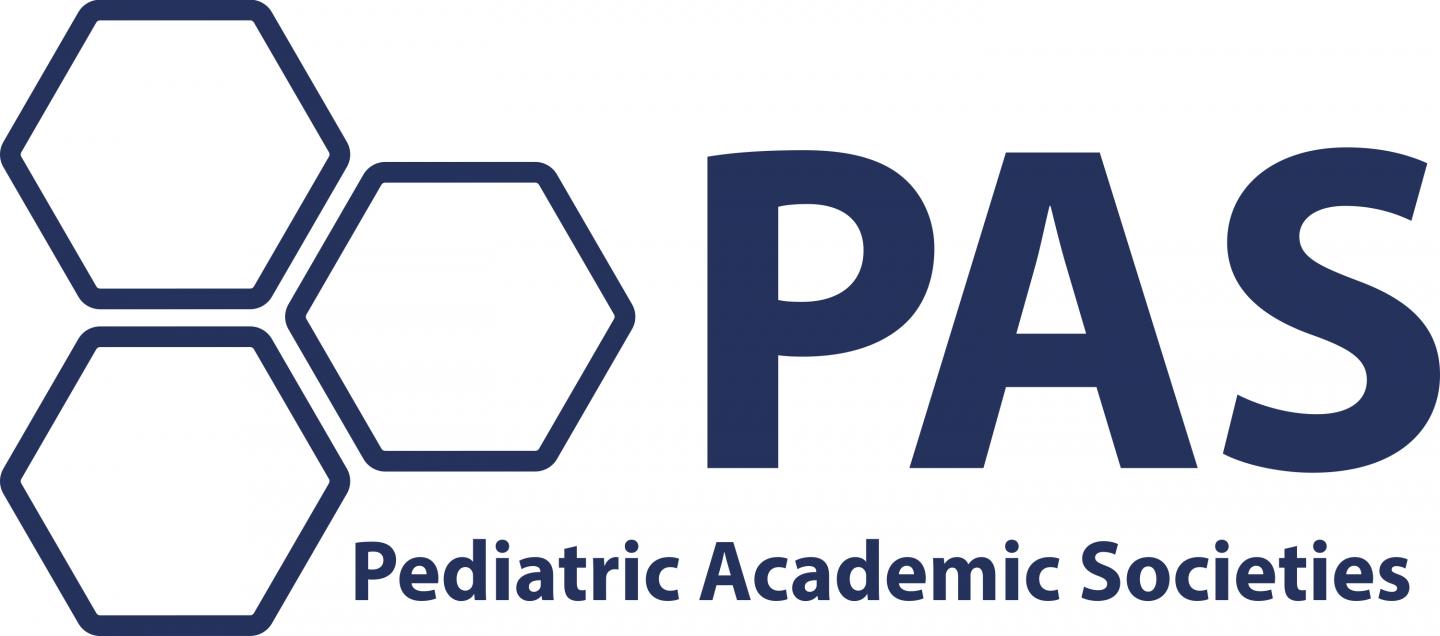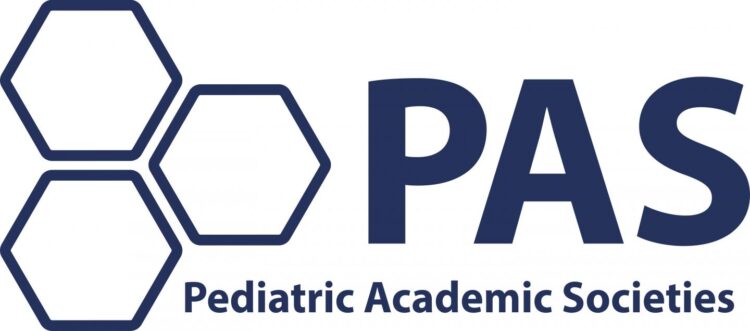Translating the Pre-B project into clinical practice and a research agenda

Credit: PAS
A hot topic symposia session during the Pediatric Academic Societies (PAS) 2021 Virtual Meeting will address the persistent controversies and questions in preterm infant nutrition.
After six years of interdisciplinary expert discussion and critical evidence review, the 2014 vision to develop evidence-informed guidance for the nutritional care of preterm infants has come to fruition. The Eunice Kennedy Shriver National Institute of Child Health and Human Development (NICHD) and the Academy of Nutrition and Dietetics (AND) initiated this multiphase process involving expert physician, dietitian, and pharmacology scientists.
The first phase, Pre-B, addressed the existing evidence and research needs for clinical questions within four themes 1) nutrient specifications for preterm infants, 2) clinical and practical issues in enteral feeding of preterm infants, 3) gastrointestinal and surgical issues, and 4) current standards of infant feeding. This phase was published in 2016 by Raiten et al as “Working group reports: evaluation of the evidence to support practice guidelines for nutritional care of preterm infants–the Pre-B Project”.
“The National Institutes for Health and the Academy of Nutrition and Dietetics recognized the need for evidence-based practice guidelines for very low birth weight infant nutrition,” said Sarah Taylor, MD, MSCR. “They initiated the Pre-B Project to address the lack of guidelines for these infants who were born to early or ‘pre’ full-term birth. This work included an initial collaborative effort to identify research needs and to determine potential topics for systematic review.”
The second phase of this process is a systematic review of the literature led by the AND Evidence Analysis Center and includes an international workgroup of clinical and research experts who will now share the results of this extraordinary multi-disciplinary effort.
Dr. Taylor added: “The second phase was a multidisciplinary expert panel to perform the systematic review and develop evidence-based recommendations. The expert panel focused on enteral nutrition and the systematic review led the panel to evidence-based, specific recommendations for very low birthweight infants to be fed fortified mother’s milk supplemented with donor pasteurized human milk when mother’s milk is not available. Additionally, the panel formed a specific recommendation for optimal protein supplementation for very low birth weight infants. From this Pre-B Project, the NIH have developed a strategic plan to support research that addresses the multitude of remaining questions for which the current evidence does not provide answers.”
“The Academy of Nutrition and Dietetics provides evidence-based guidelines for nutrition throughout the lifespan, but, until the work of this expert panel, did not have guidelines for very low birth weight infants,” said Dr. Taylor. “The expert panel was able to develop recommendations for mother’s milk, donor human milk and protein intake. Mostly, the expert panel found that the existing literature is quite limited and far greater investigation is needed to determine the optimal composition of very low birth weight nutrition.”
The session will focus on clinical questions where the existing evidence conflicts with current clinical nutrition recommendations and where the expert work group experienced more difficulty reaching a consensus. Each presentation also will describe areas where existing data is lacking and therefore research should be prioritized.
Presentations include:
- The accomplishments and process of the NICHD Pre-B and the Academy of Nutrition and Dietetics Evidence Analysis Center; presenter: Sharon Groh-Wargo, PhD, RDN – MetroHealth Medical Center
- Very low birthweight infant protein needs: recognizing how the evidence differs from experience; presenter: Sarah Taylor, MD, MSCR – Yale University School of Medicine
- Energy and specifically fat sources for preterm infants: How is a seemingly basic question so complicated?; presenter: Camilia R. Martin, MD, MS – Harvard Medical School/Beth Israel Deaconess Medical Center
- The complex relationship between milk type and very low birthweight preterm infant outcomes; presenter: Ian Griffin, MD, MA – Biomedical Research Institute of New Jersey
- Does the evidence support the current clinical definitions of “extrauterine growth restriction” and “postnatal growth failure”?; presenter: Tanis Fenton, PhD, RD – University of Calgary
Dr. Taylor will chair the session, “Addressing the Persistent Controversies and Questions in Preterm Infant Nutrition: Translating the Pre-B Project Into Clinical Practice and a Research Agenda,” on Tuesday, May 4 at 2 p.m. EDT. Reporters interested in an interview with the presenters should contact [email protected].
The PAS Meeting connects thousands of pediatricians and other health care providers worldwide. For more information about the PAS Meeting, please visit http://www.
###
About the Pediatric Academic Societies Meeting
The Pediatric Academic Societies (PAS) Meeting connects thousands of pediatricians and other health care providers worldwide. This international gathering offers opportunities for a global audience of physician-scientists, clinicians, and educators to share research, explore new ideas, build career opportunities, and collaborate on future projects. The PAS Meeting is produced through a partnership of four pediatric organizations that are leaders in the advancement of pediatric research and child advocacy: American Pediatric Society, Society for Pediatric Research, Academic Pediatric Association and American Academy of Pediatrics. For more information, please visit http://www.
Media Contact
Pediatric Academic Societies
[email protected]





